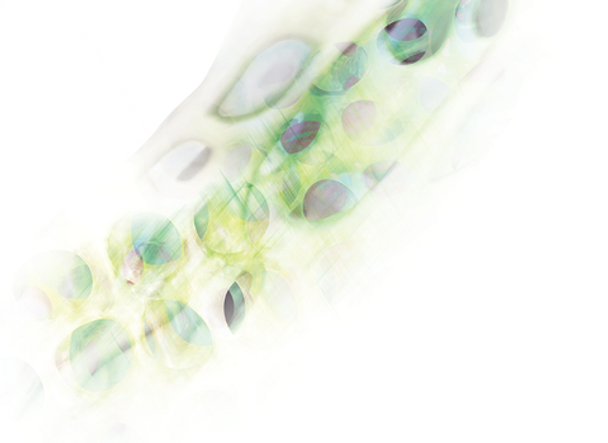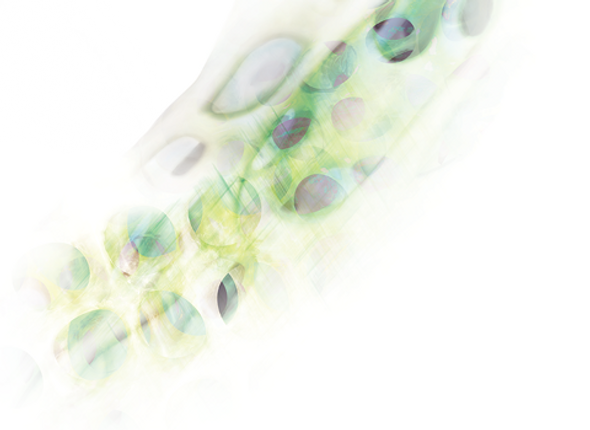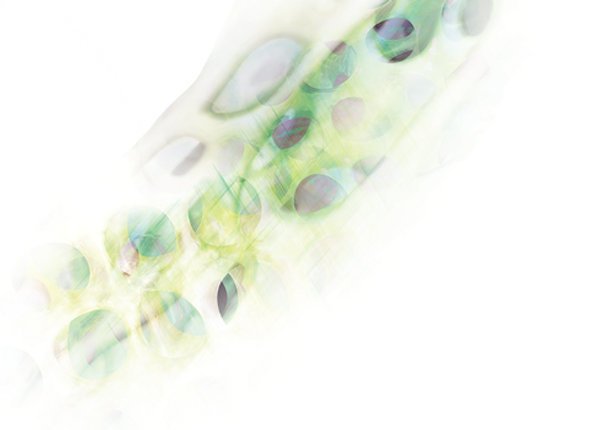Description
Mouse/Rat FGF-23 Intact | 60-6800
Fibroblast growth factor 23 (FGF-23), which is produced by bone cells, is a novel member of a large family of related proteins. Its gene encodes a 251 amino acid protein. The amino-terminal portion of FGF-23 (aa 1-24) is hydrophobic and is likely to serve as a signal peptide allowing its secretion into the blood circulation. Its carboxyl-terminal portion (aa 180-251) shares only limited amino acid homology with other members of the FGF family of proteins.
Renal phosphate wasting disorders leading to hypophosphatemia are among the causes of defective mineralization of bone and growth plate development. Autosomal dominant hypophosphatemic rickets (ADHR), a rare genetic disorder, results from one of several different FGF-23 mutations that make the protein resistant to proteolytic cleavage. Furthermore, tumors that cause oncogenic osteomalacia (OOM) have been shown to overexpress FGF-23 mRNA making it likely that elevated concentrations of FGF-23 in the blood are the cause of renal phosphate wasting. Consistent with this conclusion, the administration of recombinant FGF-23 to rodents was shown to increase urinary excretion of phosphate thus leading to hypophosphatemia and osteomalacia/rickets. Recent studies with chronic kidney disease (CKD) patients have shown FGF-23 to be an early predictor of abnormal renal tubular function, bone mineralization, disease severity and over-all mortality risk.
Taken together, all currently available data suggest that the measurement of FGF-23 levels may provide an important diagnostic tool for the evaluation of hypophosphatemic and hyperphosphatemic disorders.
This Mouse FGF-23 (Intact) ELISA Kit is a homologous, two-site enzyme-linked immunosorbent assay (ELISA) for the measurement of intact FGF-23 in plasma, serum, or cell culture media. Two affinity purified goat polyclonal antibodies have been selected to detect epitopes within the amino-terminal and carboxyl-terminal regions of mouse FGF-23. The amino-terminal antibody is biotinylated for capture and the carboxyl-terminal antibody is conjugated with the enzyme horseradish peroxidase (HRP) for detection.






